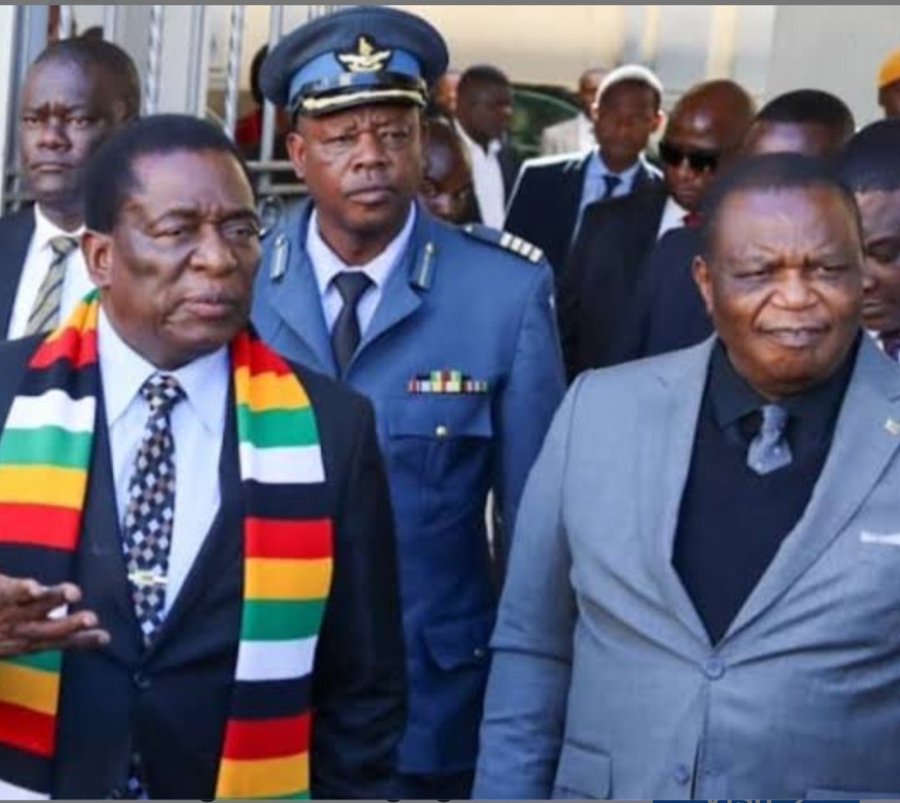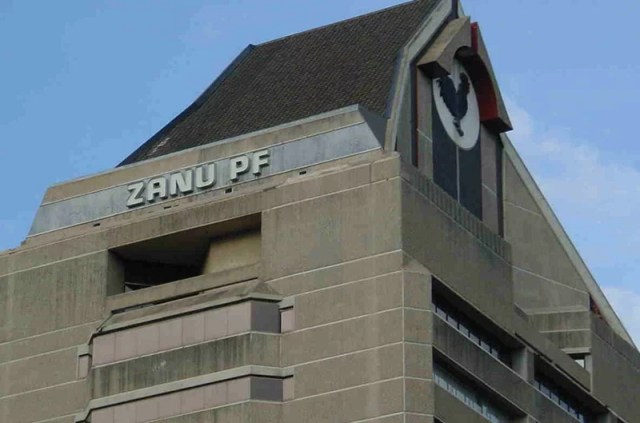NELSON CHAMISA LEAVES CCC IN SHOCKING MOVE

In a surprising turn of events, Nelson Chamisa, the well-known leader of Zimbabwe’s main opposition party, the Citizens Coalition for Change (CCC), has announced that he is leaving the party. Chamisa has been the face of the CCC and the leader of the opposition for many years, so his departure has shaken the political world in Zimbabwe. This news comes after two very hard-fought and disputed presidential elections where Chamisa faced off against President Emmerson Mnangagwa. Chamisa’s decision to leave could change the direction of Zimbabwe’s opposition politics in a big way.
In his statement, Chamisa said, “With immediate effect, I no longer have anything to do with CCC.” This means that the party, which was mostly seen as Chamisa’s creation, is now without its key leader. The future of the CCC is now in question. People are wondering what will happen to the party now that Chamisa has left. Many remember how the MDC-T and MDC Alliance, which Chamisa once led, also collapsed after his exit because of problems within the party. The CCC could face the same fate.
Chamisa blamed the ruling Zanu PF party for the problems in CCC. He said Zanu PF and its agents had “infiltrated, contaminated, bastardized, and hijacked” the CCC. Chamisa believes Zanu PF used these tactics to weaken the party. He said that modern authoritarian governments, like Zanu PF, have become smarter at controlling and destroying the opposition without using traditional methods. He sees this as part of Zanu PF’s wider strategy to hold onto power by controlling both politics and the economy.
However, not everyone agrees with Chamisa’s view. Some critics say that CCC’s downfall was inevitable. They believe that the party’s structure was too weak and confusing from the start. These critics point out that CCC did not have a constitution, proper leadership, or organized structures in place. This lack of clear organization made it easy for the party to fall apart when attacked. They also say that having a party focused on one person, like Chamisa, can be risky because it depends too much on that leader and not on strong institutions.
One of the key events leading to this crisis was the actions of Sengezo Tshabangu, who claimed to be the secretary-general of the party. Tshabangu and his supporters from Bulawayo took advantage of the CCC’s loose structure to claim leadership. They also began removing CCC’s MPs, senators, and councillors. Many people saw this as a direct attack on democracy, and it was believed to have the support of Zanu PF and government institutions like parliament and the judiciary.
Chamisa’s exit from the party puts many CCC MPs who were loyal to him in a difficult spot. They could face more political attacks and possibly lose their positions in the government. This has raised concerns that Zimbabwe could become a one-party state where Zanu PF has total control, which would be a threat to democracy.
Chamisa expressed his sadness about the situation. He said that CCC was supposed to be a party based on values like honesty and putting the people first. But now, he feels that the party has turned into something that serves Zanu PF’s interests. Chamisa believes that the party has lost its way and is now driven by selfish ambitions rather than the good of the people.
Despite this, Chamisa has not given up hope. He said he is still committed to serving the people of Zimbabwe and finding true, honest leaders who care about the people. He believes that there is still hope for Zimbabwe and that the fight for freedom and change is not over. Chamisa’s message to the people was simple: they must not give up, and they must keep pushing for real change.
Chamisa’s departure from CCC is a huge moment in Zimbabwe’s political history. It marks the end of one chapter, but also the start of a new one. What happens next is uncertain, but one thing is clear: the people of Zimbabwe still have a long road ahead in their fight for democracy, integrity, and a better future for all.

